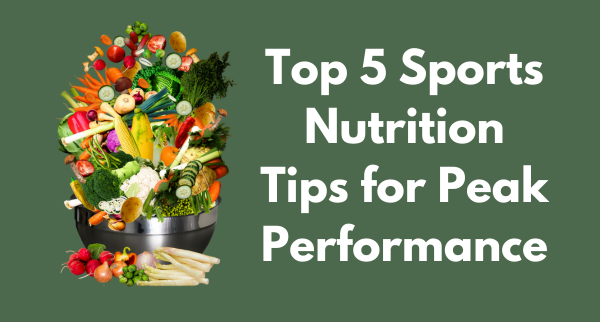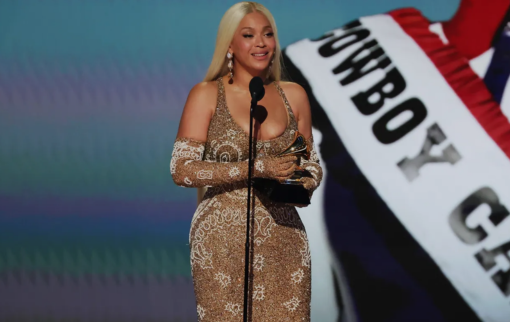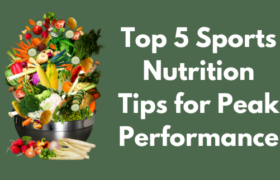Whether you’re an elite athlete or a weekend warrior, proper nutrition is the cornerstone of peak performance. The right foods can fuel your body, speed up recovery, and help you reach your athletic goals. Here are five essential sports nutrition tips to optimize your performance:
1. Prioritize Carbohydrates for Energy
Carbohydrates are the primary fuel source for athletes. They provide the energy required for high-intensity and endurance activities. Incorporate complex carbs such as whole grains, fruits, and vegetables into your meals. Aim to consume carbohydrate-rich foods a few hours before your workout to ensure your glycogen stores are adequately replenished. For extended activities lasting more than an hour, consider mid-activity carb boosts with energy gels, bananas, or sports drinks.
2. Don’t Skip Protein for Recovery
Protein plays a crucial role in muscle repair and growth. Post-exercise, your body is primed for protein synthesis, making it essential to consume high-quality protein within 30-60 minutes after your workout. Good sources include lean meats, fish, eggs, dairy, tofu, or plant-based protein powders. Balance your intake throughout the day to sustain muscle recovery and maintenance.
3. Stay Hydrated
Hydration is vital for optimal performance. Even mild dehydration can impair physical and mental abilities. Drink water consistently throughout the day, and adjust your intake based on your activity level and environmental conditions. During prolonged exercise, especially in hot climates, replenish lost electrolytes with sports drinks or electrolyte tablets. Monitor your hydration by checking urine color—a light yellow indicates proper hydration.
4. Fuel with Healthy Fats
Fats are an essential part of an athlete’s diet, providing a steady energy source for longer, lower-intensity activities. Focus on healthy fats such as those found in avocados, nuts, seeds, and olive oil. Omega-3 fatty acids, found in fatty fish like salmon, are particularly beneficial for reducing inflammation and supporting joint health.
5. Customize Your Nutrition Plan
Every athlete is unique, and so are their nutritional needs. Factors like age, weight, activity type, intensity, and duration influence what and how much you should eat. Work with a sports nutritionist to develop a personalized plan that aligns with your goals and ensures you’re meeting all your macro and micronutrient requirements. Adjust your diet based on how your body responds to training and competition demands.
Bonus Tip: Listen to Your Body
While guidelines are helpful, paying attention to your body’s signals is paramount. If you feel sluggish, you may need more carbs. If recovery is slow, increase your protein intake. Being in tune with your body’s needs will help you fine-tune your nutrition strategy for optimal performance.
Conclusion
Optimizing your sports nutrition doesn’t have to be complicated. By prioritizing carbohydrates, protein, hydration, healthy fats, and a personalized plan, you’ll be well on your way to achieving peak performance. Remember, consistency is key, and small, sustained changes to your diet can lead to significant improvements in your athletic performance and overall health.
Published: 2nd January 2025
For more such articles please follow us on Twitter, Linkedin & Instagram
Also Read:
Tesla Cybertruck explodes near Trump hotel, fireworks found
Top Fashion Trends to Watch Out For in 2025
Happy New Year 2025: Top 20 Wishes, Messages, and GIFs!



























































